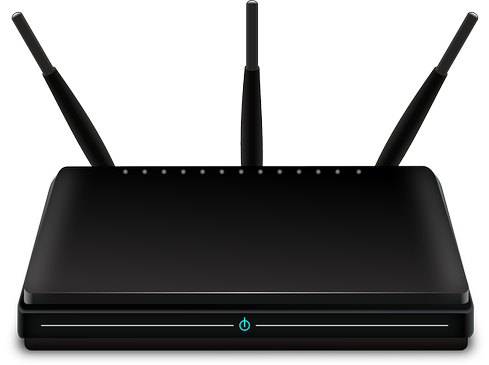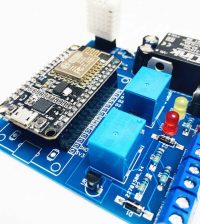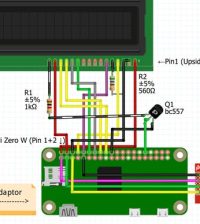- makeITcircular 2024 content launched – Part of Maker Faire Rome 2024Posted 2 weeks ago
- Application For Maker Faire Rome 2024: Deadline June 20thPosted 2 months ago
- Building a 3D Digital Clock with ArduinoPosted 7 months ago
- Creating a controller for Minecraft with realistic body movements using ArduinoPosted 7 months ago
- Snowflake with ArduinoPosted 8 months ago
- Holographic Christmas TreePosted 8 months ago
- Segstick: Build Your Own Self-Balancing Vehicle in Just 2 Days with ArduinoPosted 8 months ago
- ZSWatch: An Open-Source Smartwatch Project Based on the Zephyr Operating SystemPosted 9 months ago
- What is IoT and which devices to usePosted 9 months ago
- Maker Faire Rome Unveils Thrilling “Padel Smash Future” Pavilion for Sports EnthusiastsPosted 10 months ago
FCC: No Ban On Open Source Firmware
The Federal Communications Commission on Nov. 12 offered reassurance that it’s not trying to ban third-party router firmware in the wake of proposed rules that suggest otherwise.
When it comes to licensed operations like the radio transmission on reserved channels, like the WiFi in some Countries. The trouble for open source endorsers could be to have to quit any kind of development on open source firmware when it comes to control these kind of devices.
Likely, US FCC has been really smart in understanding the main open source development trends!
In March, as part of the agency’s effort to update its process for authorizing Unlicensed National Information Infrastructure (U-NII) radio devices, which operate in the 5GHz portion of the spectrum and include WiFi routers, the FCC sought to establish a framework for how it asks hardware vendors to comply with a software security rule adopted last year.
That rule requires hardware makers to implement security controls to ensure that “third parties are not able to reprogram the device to operate outside the [RF] parameters for which the device was certified.”
While this falls squarely within the FCC’s spectrum oversight responsibilities, it has alarmed those who use open source router firmware packages like DD-WRT, OpenWRT, or Tomato. Open source firmware can make routers more powerful and more useful, allowing users to implement functions that have been disabled or omitted by manufacturers. However, it could also be programmed in ways that would make routers interfere with wireless signals.
Prominent technologists acknowledge that the FCC’s rules need to be updated, but with an eye toward greater transparency and manufacturer responsibility. They point to the Volkswagen emissions scandal as an example of the consequences of lack of access to software source code.
What is better than open source software to grant source code access and control to anyone, avoiding in a crowdsourced manner what FCC fears most?
















